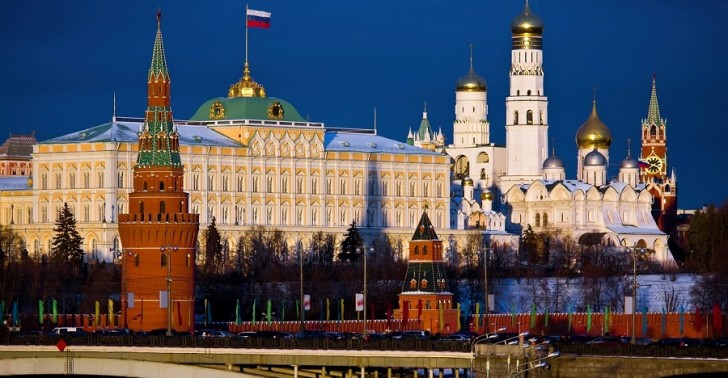
A ghost traversed Moscow – and died there
HAVANA – The rumor that the governments of Russia and Cuba had decided to reactivate the listening base at Lourdes, started by the Russian newspaper Kommersant, attempted to associate the reanimation of Russo-Cuban relations with allusions to the security of the United States. It had a short life.
The radio-electric listening post built in 1964 – shortly after the Missile Crisis that in 1962 almost unleashed a nuclear confrontation between the United States and the Soviet Union — operated for 37 years and, strange thought it may seem, survived the disappearance of the USSR for a decade. In 2001, it was Vladimir Putin who shut it down.
An assertion like Kommersant’s could hardly have been an innocent act. Rather, it seems a measure of intelligence intended to force a denial, lest it turned into a tacit admission. That dimension explains why the Russian president, while abroad, hastened to quash it.
The question now is: Who could be interested in starting a rumor that turns the reanimation of political and other relations between Russia and Cuba into a triangle involving the United States?
The facility, which remained on the island for 37 years of the Cold War, made Cuba the only territory on earth housing the U.S. naval base at Guantanamo and the installations of Soviet missiles (dismantled in 1962), followed by the Lourdes listening post.
The listening post was last to disappear and, although with less drama than the removal of missiles in 1962, its shutdown was the result of a unilateral decision made in Moscow.
In the first instance, the Soviet Union gave in to military pressure from the United States. In the other, Russia alleged economic reasons although, curiously, the shutdown coincided with the closing of its naval base at Cam Ranh in Vietnam, gestures that coincided with the first visit of the Russian president to the United States.
In the site of the Lourdes base today rises the University of Computer Sciences, an emblematic center of Cuban higher education, where thousands of engineers and cyber-specialists are trained.
Putin’s denial of the alleged resurrection of Lourdes and his stress on the full mutual understanding with the Cuban leaders is consistent with the meeting held in Moscow last May between leaders of the Russian Federation’s Federal Security Service and representatives of Cuba’s National Defense Council.
From it came the creation of a joint working group that would elaborate effective instruments of cooperation to respond to sensitive questions.
The level of technology, as well as the efficacy of other instruments of multilateral cooperation between Cuba and Russia, does not require alternatives such as Lourdes, which remains in one’s memory as a remembrance of the Cold War.
In its military dimension, the Cold War is, to Cuba, a page turned. The ghost revived in Moscow was buried there.

